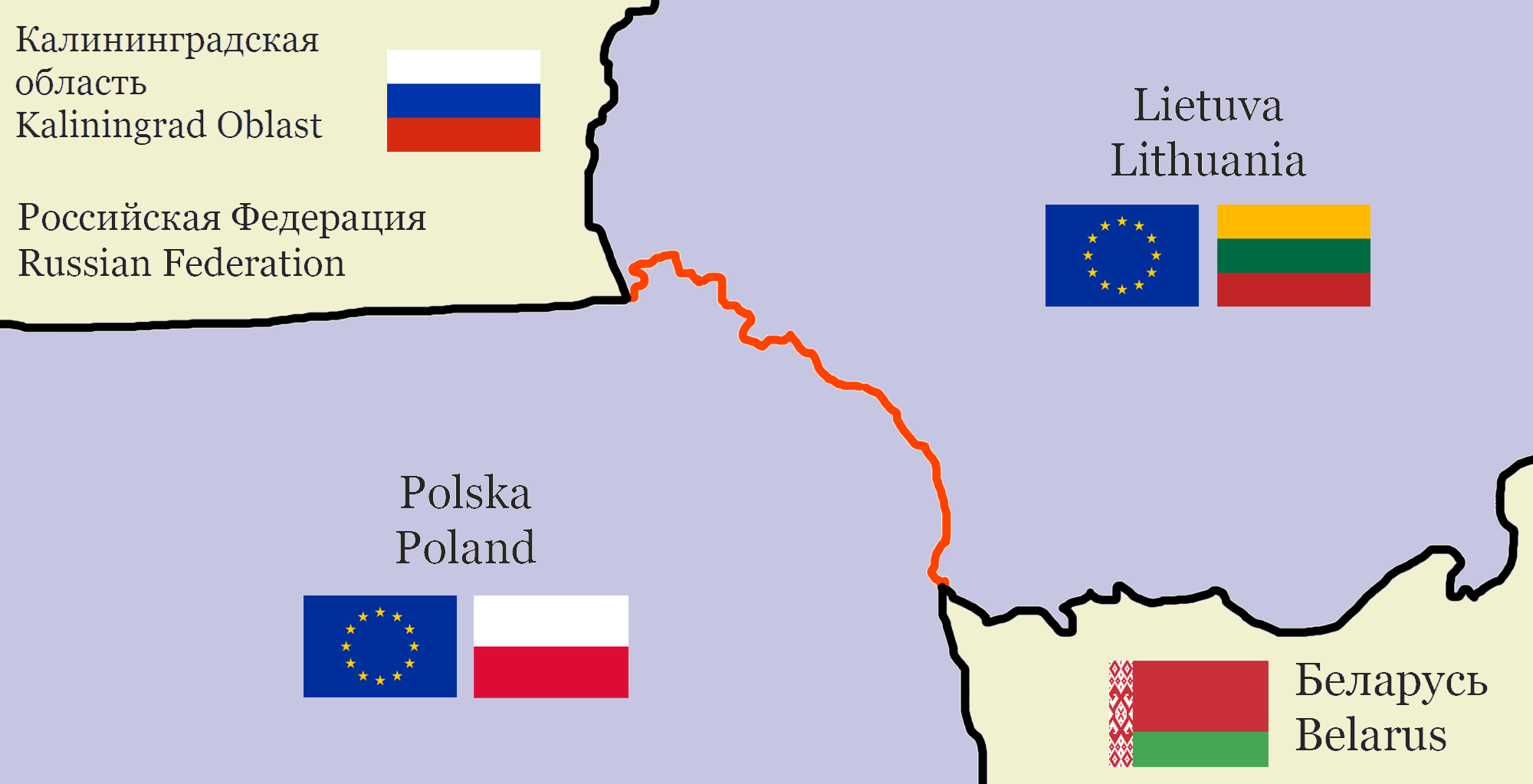
Lithuania steps up defence as ex-CIA chief cites Russian threat
Former US Central Intelligence Agency (CIA) director David Petraeus warned on 30 May that Lithuania could become a primary target, citing repeated references by Russian President Vladimir Putin to historic territorial claims in the region.
Petraeus described the evolving threats as requiring readiness for both military and non-military escalation when he spoke to London-based radio station LBC on 30 May. “If Ukraine falls, Lithuania is next. That’s not speculative. It’s consistent with everything Putin has said and done,” Petraeus said.
Baltic defence perimeter hardens
The news came weeks after Germany began deploying its first permanently stationed armoured brigade to Lithuania, marking a major shift in security posture and reclassifying the Baltic state from the strategic periphery to the NATO frontline.
The full 45th Armoured Brigade is expected to reach 5,000 troops and accompanying families by 2027 and will be stationed near the Belarusian border. The deployment comes amid growing concerns in Germany that Russia may escalate its campaign westward if Ukraine falls.
Lithuania's location leaves it vulnerable
Lithuania’s proximity to both Kaliningrad and Belarus places it in what NATO identifies as its most exposed position, particularly at the 65km Suwalki Gap land corridor that links the Baltics to the rest of the EU and NATO.

German Foreign Affairs Committee spokesperson Johann Wadephul said the German government considers current relations with Russia to be “no longer in a state of peace” due to continuous cyberattacks and hybrid threats. “This is the new normal,” he told reporters in Vilnius. “And it must be met with credible deterrence.”
Berlin’s move is unprecedented in the post-war era, representing the first long-term foreign deployment of German ground forces since 1945. The Lithuanian Defence Ministry welcomed the decision, noting that a permanent foreign troop presence sends a clearer message to the Kremlin than rotational deployments.
Hybrid threats spark domestic shift
Lithuania has faced a sustained wave of hybrid attacks, including infrastructure sabotage, cyber incursions and disinformation campaigns. Lithuanian cybersecurity agencies have reported attempted incursions into government and energy networks since early 2023. Attempted disruptions increased by 400%, from 2022-24, according to a Lithuanian Armed Forces report in May.
The Lithuanian government has expanded civil defence planning, including mass evacuation simulations and hardened urban shelter infrastructure. Military spending has risen to more than 3% of GDP, with additional allocations earmarked for logistics and rapid response.
Support for Germany’s presence remains strong, with a Baltic Defence Foundation poll in May showing 72% of Lithuanians in favour. The Lithuanian Defence Ministry told the Baltic Sentinel website that the country is preparing for “real scenarios, including missile strikes and incursions.” A senior Lithuanian official, quoted anonymously, added, “Deterrence only works if your enemy believes you’re ready to fight. And we are.”
Regional alignment tightens
Lithuania has also deepened coordination with Poland and Latvia, with trilateral defence summits focused on joint deterrence and rapid mobility drills. On 18 April, the three countries ran a joint Article 5 simulation in Vilnius, aimed at rehearsing a response to a multi-pronged attack.
Latvian Defence Minister Andris Spruds said the exercise resulted in “a shared operational doctrine that reflects our geography, our threat and our obligation to each other.”
The three defence ministries are now formalising logistics corridors and shared air defence strategies along the Baltic corridor, backed by NATO’s Enhanced Forward Presence deployments.
Defence industry under pressure as demand surges
Meanwhile Europe's shifting security situation is fuelling a broader scramble across the continent's defence sector, as manufacturers race to meet rising procurement targets driven by rearmament and deterrence.
Major producers, such as Czech firm PBS Group, are facing acute labour shortages, with demand for welders, engineers and machinists outpacing supply. Other companies include Germany’s Rheinmetall and Franco-German KNDS. The European Defence Agency has warned that production timelines for key equipment could stretch unless the workforce gap is addressed.
To meet growing orders from frontline states such as Lithuania and Poland, defence firms are expanding recruitment, raising wages and setting up vocational training pipelines, often in cooperation with national governments. Several companies have shifted personnel from the automotive and construction sectors, while EU-level initiatives aim to redirect procurement away from US suppliers in favour of domestic production.
Analysts say the pace of expansion will be a key variable in whether Europe can sustain the operational demands of forward deterrence over the next five years.
